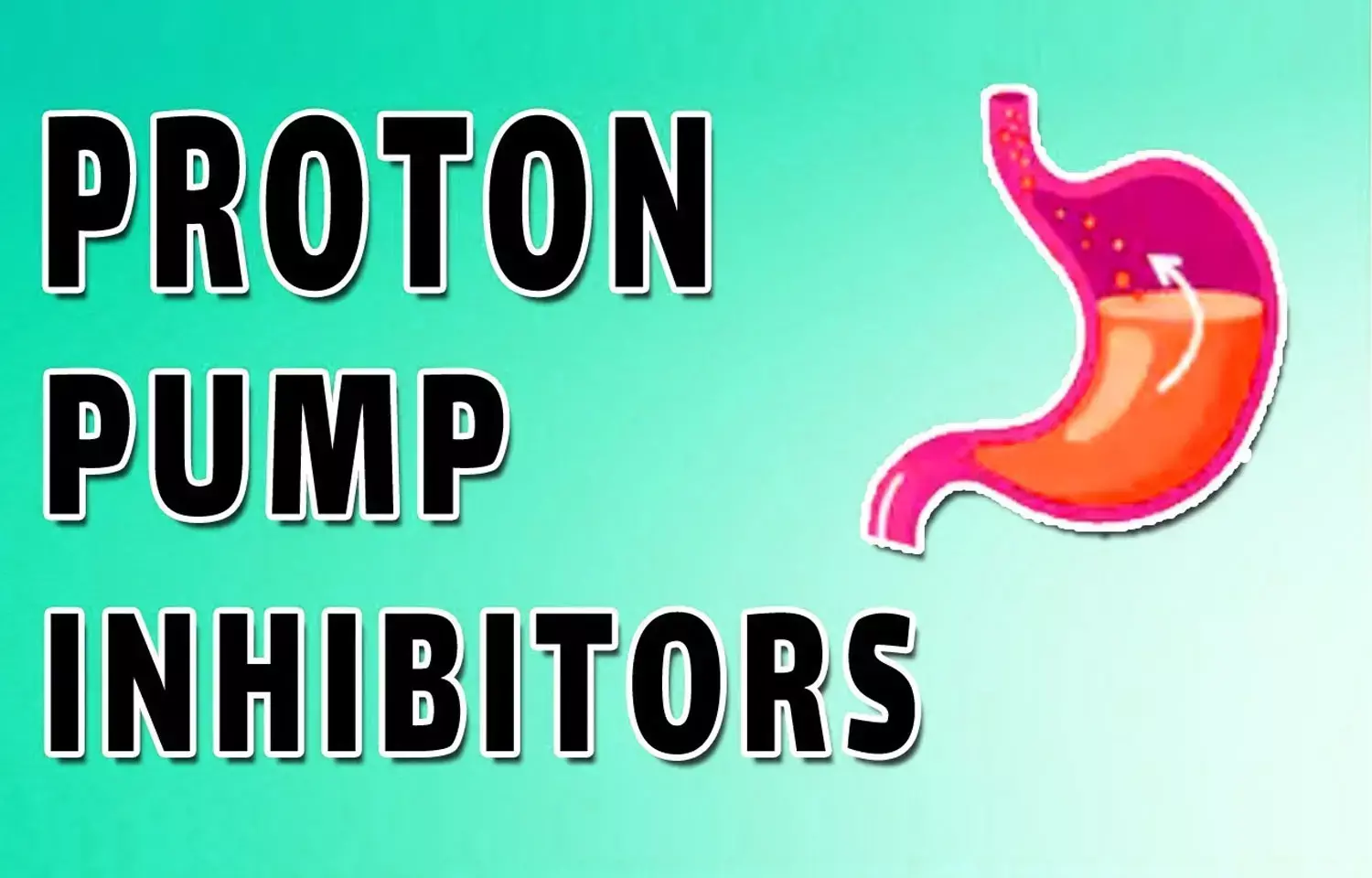- Home
- Medical news & Guidelines
- Anesthesiology
- Cardiology and CTVS
- Critical Care
- Dentistry
- Dermatology
- Diabetes and Endocrinology
- ENT
- Gastroenterology
- Medicine
- Nephrology
- Neurology
- Obstretics-Gynaecology
- Oncology
- Ophthalmology
- Orthopaedics
- Pediatrics-Neonatology
- Psychiatry
- Pulmonology
- Radiology
- Surgery
- Urology
- Laboratory Medicine
- Diet
- Nursing
- Paramedical
- Physiotherapy
- Health news
- Fact Check
- Bone Health Fact Check
- Brain Health Fact Check
- Cancer Related Fact Check
- Child Care Fact Check
- Dental and oral health fact check
- Diabetes and metabolic health fact check
- Diet and Nutrition Fact Check
- Eye and ENT Care Fact Check
- Fitness fact check
- Gut health fact check
- Heart health fact check
- Kidney health fact check
- Medical education fact check
- Men's health fact check
- Respiratory fact check
- Skin and hair care fact check
- Vaccine and Immunization fact check
- Women's health fact check
- AYUSH
- State News
- Andaman and Nicobar Islands
- Andhra Pradesh
- Arunachal Pradesh
- Assam
- Bihar
- Chandigarh
- Chattisgarh
- Dadra and Nagar Haveli
- Daman and Diu
- Delhi
- Goa
- Gujarat
- Haryana
- Himachal Pradesh
- Jammu & Kashmir
- Jharkhand
- Karnataka
- Kerala
- Ladakh
- Lakshadweep
- Madhya Pradesh
- Maharashtra
- Manipur
- Meghalaya
- Mizoram
- Nagaland
- Odisha
- Puducherry
- Punjab
- Rajasthan
- Sikkim
- Tamil Nadu
- Telangana
- Tripura
- Uttar Pradesh
- Uttrakhand
- West Bengal
- Medical Education
- Industry
Prolonged use of PPI tied to community acquired pneumonia risk: Study

People have dealt with stomach acid-related problems in a variety of ways.ProtienPump Inhibitors (PPI) include heavily marketed familiar brand-name drugs like Prevacid (lansoprazole), Prilosec (omeprazole), and Nexium (esomeprazole). A new study by Xuejiao Xun and team brought out the effects of prolonged use of PPI. They have found in the study that Prolonged use of Proton Pump Inhibitors is associated with community acquired pneumonia risk. The study is published in the Journal of Annals of pharmacotherapy.
The objective of the study was to meta-analyze and systematically assess the association between the risk of Community Acquired Pneumonia (CAP) and PPI use in adults to reduce the adverse effects of PPI and ensure the safety of medication for patients.
The researchers conducted a comprehensive literature search, published between January 1, 2004, and February 1, 2021. The primary outcome was the incidence of CAP. This meta-analysis was performed using odds ratios (ORs) with 95% CIs as effective measures; 13 studies including 2 098 804 patients were enrolled in our meta-analysis.
The researchers found out that the incidence of CAP was higher in PPI users than non -PPI users [OR = 1.37 (95% CI = 1.22–1.53)], especially for PPI duration < 30 days [OR = 1.49 (95% CI = 1.34–1.66)]. Compared with non-PPI use, PPI use increased the incidence of CAP in the stroke disease population [OR = 1.52 (95% CI = 1.33–1.75)], but not in the liver disease population [OR = 1.13 (95% CI = 0.98–1.30)].
The researchers concluded that "Using PPI could increase the risk of CAP when compared to not using PPI. PPI use increased the incidence of CAP in patients with stroke. Clinicians and clinical pharmacists should weigh the benefits before medication and strictly control the indication of the prescription, so as to reduce adverse reactions." However some studies suggested an increased risk of community-acquired pneumonia (CAP) among proton pump inhibitors (PPI) users. However, the published evidence is inadequate to define the association between PPI use and the risk of CAP.
For further information : Xun X, Yin Q, Fu Y, He X, Dong Z. Proton pump inhibitors and the risk of community-acquired pneumonia: An updated meta-analysis. Annals of Pharmacotherapy.Published online August 2021. doi: 10.1177/10600280211039240.
Medical Dialogues consists of a team of passionate medical/scientific writers, led by doctors and healthcare researchers. Our team efforts to bring you updated and timely news about the important happenings of the medical and healthcare sector. Our editorial team can be reached at editorial@medicaldialogues.in.
Dr Kamal Kant Kohli-MBBS, DTCD- a chest specialist with more than 30 years of practice and a flair for writing clinical articles, Dr Kamal Kant Kohli joined Medical Dialogues as a Chief Editor of Medical News. Besides writing articles, as an editor, he proofreads and verifies all the medical content published on Medical Dialogues including those coming from journals, studies,medical conferences,guidelines etc. Email: drkohli@medicaldialogues.in. Contact no. 011-43720751


